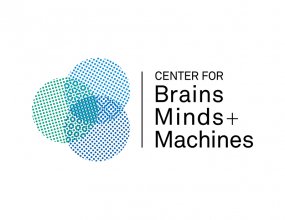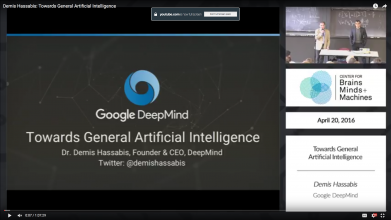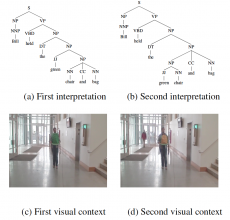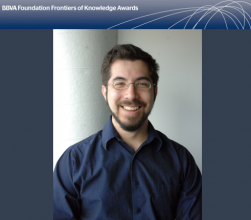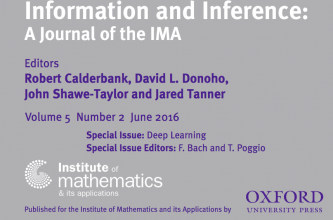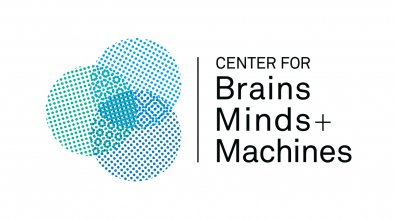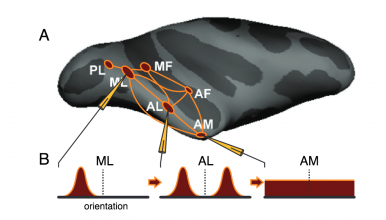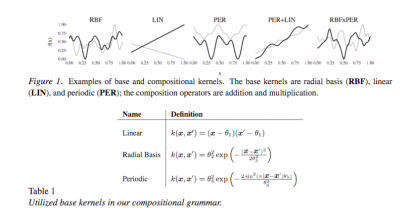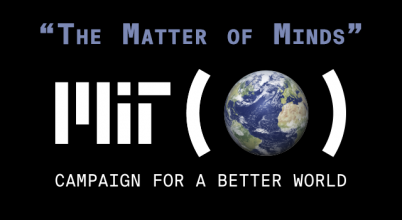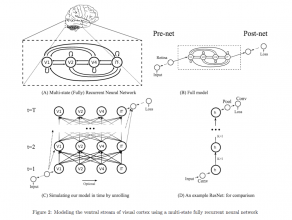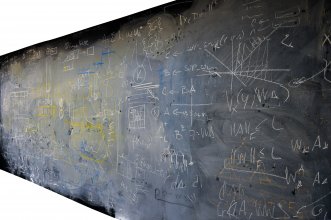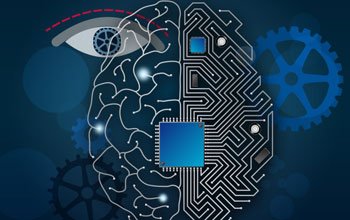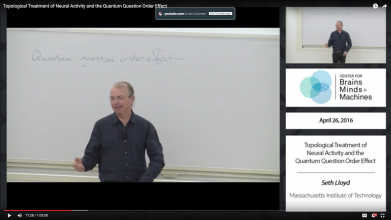Home Page Spotlights
We introduce the Treebank of Learner English (TLE), the first publicly available syntactic treebank for English as a Second Language (ESL). The TLE provides manually annotated POS tags and Universal Dependency (UD) trees for 5,124 sentences ...
Watch Demis Hassabis's CBMM Special Seminar talk " Towards General Artificial Intelligence"recorded on April 20, 2016, in MIT Seminar Room #54-100.
Understanding language goes hand in hand with the ability to integrate complex contextual information obtained via perception. In this work, we present a novel task for grounded language understanding: disambiguating a sentence given a visual scene which
“If we imagine the brain as a computer, optogenetics is a key that allows us to send extremely precise commands. It is a tool whereby we can manipulate the brain with exquisite precision.” - Ed Boyden
"The goal of this special issue was to explore some of the mathematical ideas and problems at the heart of deep learning. ..."
This work examines the impact of crosslinguistic transfer on grammatical errors in English as Second Language (ESL) texts.
The primate brain contains a hierarchy of visual areas, dubbed the ventral stream, which rapidly computes object representations that are both specific for object identity and relatively robust against identity-preserving transformations ...
"How do people learn about complex functional structure? Taking inspiration from other areas of cognitive science, we propose that this is accomplished by harnessing compositionality: complex structure is decomposed into simpler building blocks. ..."
MIT's Campaign for a Better World recently kicked off spotlighting the Center for Brains, Minds and Machines as a campaign priority.
Authors discuss relations between Residual Networks (ResNet), Recurrent Neural Networks (RNNs) and the primate visual cortex.
“On invariance and selectivity in representation learning,” Information and Inference: A Journal of the IMA 2016
The workshop aims at bringing together leading scientists in deep learning and related areas within machine learning, artificial intelligence, mathematics, statistics, and neuroscience. [Participation is by invitation only.]
For three days we will bring together computer scientists/roboticists, cognitive scientists, and neuroscientists to share and discuss advances in integrated, multimodal approaches to the study of human intelligence. Registration is open for EU attendees.
An intensive three-week course which will give a “deep end” introduction to the problem of intelligence.
Watch Prof. Seth Lloyd's CBMM Special Seminar talk "Topological Treatment of Neural Activity and the Quantum Question Order Effect," recorded on April 26, 2016, in the Singleton Auditorium, MIT.

